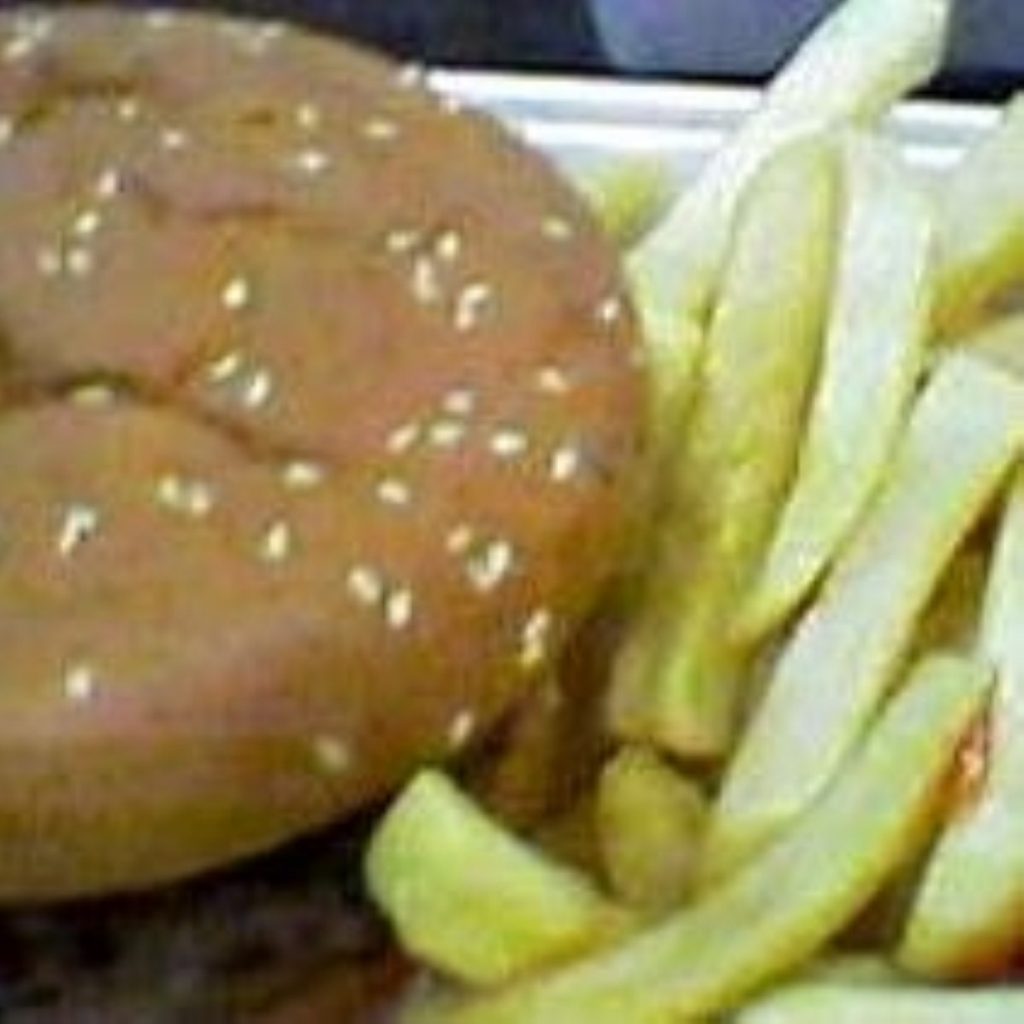Fast food ‘encourages over-eating’
The high energy density of many fast foods makes it easy for regular consumers to unintentionally over-eat, boosting weight gain and obesity, according to Medical Research Council scientists.
Energy density – the amount of calories a food contains in relation to its weight – is critical in regulating food intake. Because humans have a poor innate ability to judge energy density, we tend to assess food intake by size of portion. This means a diet of very energy dense food – even in ‘normal’ servings – increases the risk of weight gain and obesity.
A typical fast food meal has an energy density 50% higher than an average traditional British meal, the scientists claim, after studying information on the composition of foods obtained from fast food company websites. It is virtually impossible select a meal with even a moderate energy density from many outlets, according to MRC nutritionist Dr Susan Jebb.
Dr Jebb’s colleague, Professor Andrew Prentice points out the consequences of a fast food rich diet for children are particularly worrying, as kids have none of the dietary restraint needed to remain slim in the modern environment.


‘The systems regulating human appetite have evolved for the low energy diet still being consumed in rural areas of the developing world where obesity is almost non-existent.
‘Our bodies were never designed to cope with the very energy dense foods consumed in the West and this is contributing to a major rise in obesity.’
The scientists welcome the efforts of some fast food companies to introduce healthier options. But Dr Jebb notes that they are not the only culprits, with supermarket ready meals and convenience food also energy dense. She called for all sectors to work together to combat obesity.
The study is published today in the November issue of the journal, Obesity Reviews.

